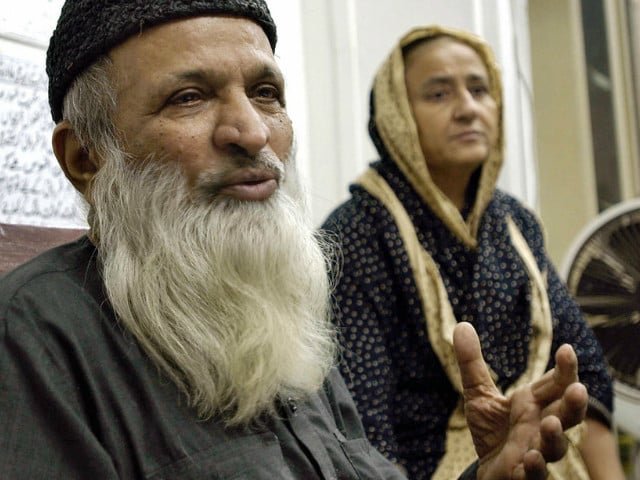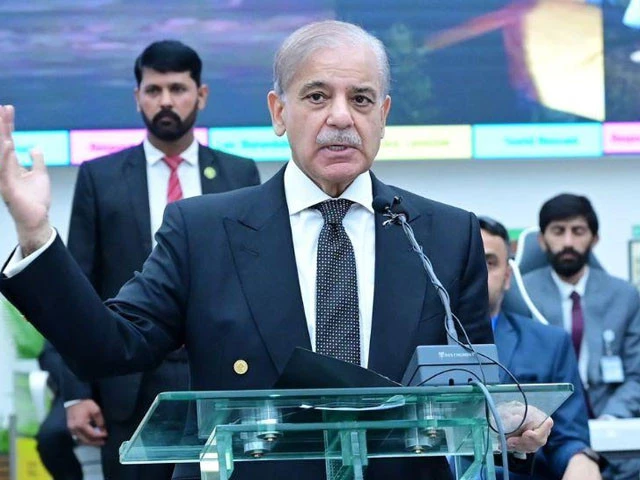Celebrating the Legacy of Abdul Sattar Edhi: A Feature Film in the Works
The Sindh government has recently unveiled plans to create a feature film dedicated to the incredible life and work of Abdul Sattar Edhi, the beloved philanthropist and founder of the Edhi Foundation. This exciting announcement came from Sindh’s Information Minister, Sharjeel Inam Memon, during a vibrant film festival held in Karachi. He emphasized the powerful role that cinema plays in shaping societal narratives, comparing Pakistan’s storytelling potential to that of India, which has successfully utilized films to project its national identity on a global scale.
Memon highlighted that Pakistan is rich in historical and social stories that deserve to be told. “We have countless tales that can not only showcase our cultural richness but also introduce younger generations to our national heroes,” he remarked. His comments underscore the need for stories that celebrate contributions across various fields—a sentiment that echoes the collective yearning for inspiration in challenging times.
In collaboration with renowned filmmaker Satish Anand, the Sindh information department aims to bring Edhi’s remarkable journey to life. Although specific details about the film are yet to be revealed, the anticipation surrounding this project is palpable. It’s more than just a movie; it’s an opportunity to honor Edhi’s legacy and inspire future generations.
For those unfamiliar, Abdul Sattar Edhi—often referred to as “the father of the poor” or “the angel of mercy”—devoted his life to humanitarian work. Born in Gujarat in 1928 and moving to Pakistan in 1947, Edhi opened his first clinic in 1951. This marked the inception of what would grow into the country’s largest and most respected charitable organization.
Throughout his life, Edhi was nominated several times for the Nobel Peace Prize, a testament to the profound impact he made. His initiative led to the establishment of a wide-ranging network of welfare services, including maternity homes, orphanages, shelters, and rehabilitation centers. His tireless efforts were aimed at aiding the most vulnerable populations in society.
Edhi’s legacy continues through the work of his wife, Bilquis Edhi, a dedicated nurse. Together, they facilitated the adoption of around 25,000 children and established women’s shelters that provide a safe haven for those in dire need. The Edhi Foundation also administers blood banks, mobile clinics, and medical centers focused on various health concerns, along with shelter services for abused women and displaced individuals.
Before his passing in 2016, Edhi initiated the 50-kilometre Edhi project aimed at providing emergency assistance to road accident victims across Pakistan. His commitment to serving humanity and improving the quality of life for the less fortunate remains unmatched.
By producing a film on Edhi’s life, the Sindh government aims to pay tribute to a man who has left an indelible mark on society. This cinematic endeavor will not just celebrate his contributions; it will serve as a source of inspiration for both current and future generations to recognize the power of compassion and service.
As we await further details on the film, it’s clear that Abdul Sattar Edhi’s legacy is far more than just a story; it’s a call to action for each of us to contribute positively to society in whatever way we can. Let’s honor his memory by carrying forward his spirit of generosity and humanitarianism.





